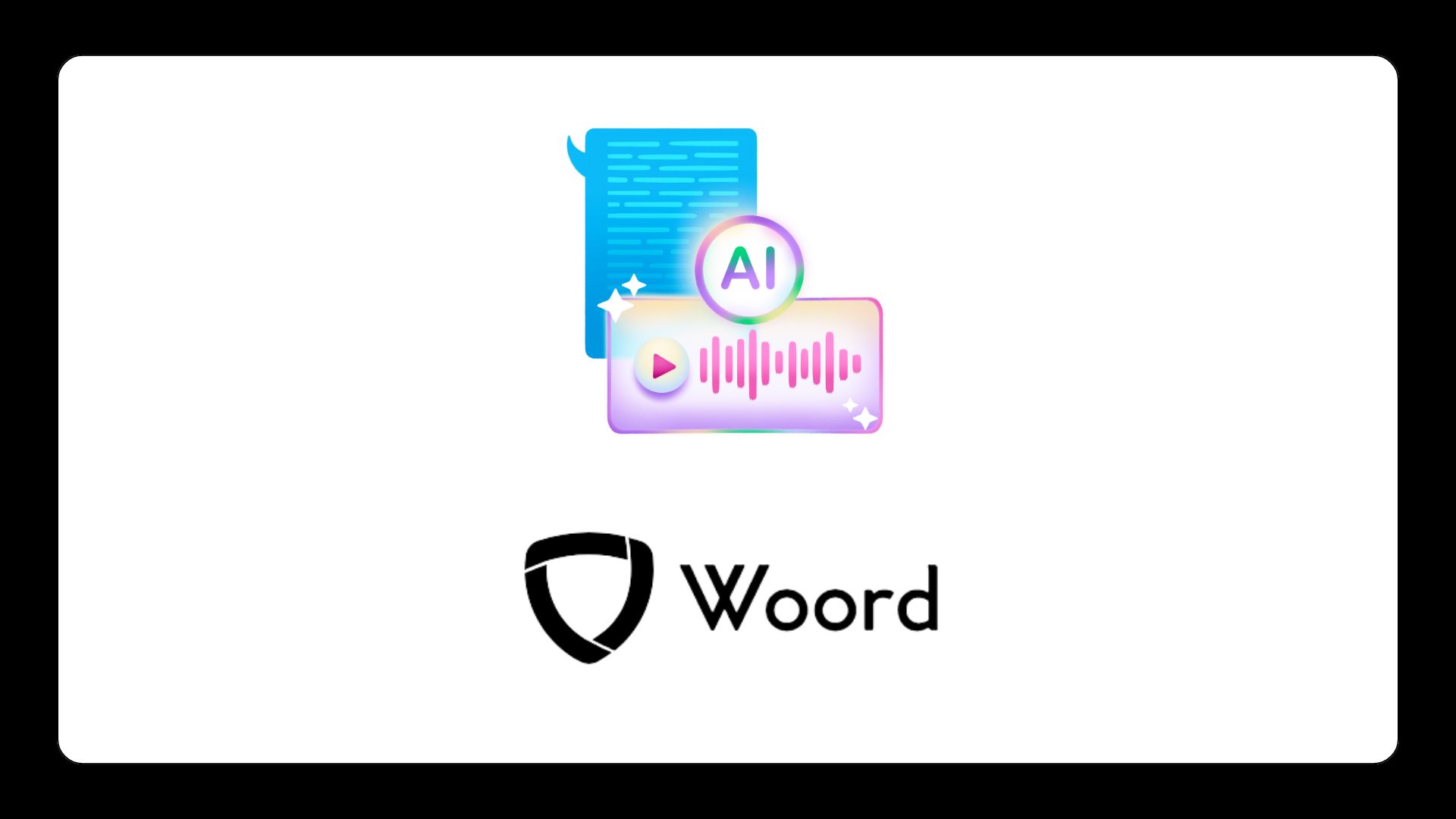Text Reader Tool For Effortless Audio Playback

Multilingual support is an essential feature for any text reader in the worldwide society we live in. This feature makes material accessible to a wider audience by enabling users to convert text into audio in multiple languages. In this regard, Woord shines, providing support for a wide range of languages and dialects. This capability is very helpful for companies that have various locations or for learning environments that serve a wide range of student demographics.
Woord API: Best Practices for Using a Text Reader
The quality of the audio output from a Text Reader is heavily influenced by the quality of the input text. To achieve the best results, ensure that your text is well-structured, with proper punctuation and grammar. This helps the tool to interpret the text correctly, leading to more natural-sounding speech. Additionally, avoid using overly complex sentences or jargon that might be difficult for the TTS system to process accurately.
Different types of content may require different audio settings to achieve the desired effect. For example, narratives may benefit from a slower, more deliberate pace, while dialogues might require a more dynamic and varied tone. Experimenting with different settings can help you find the perfect balance for your specific content. Woord provides a range of settings that can be adjusted to suit various content types, ensuring that your audio output is always top-notch.
Artificial intelligence (AI) is set to play a major role in the next generation of APIs. AI-powered TTS systems will be able to deliver even more realistic and natural-sounding speech, with improved emotional expression and contextual understanding. This will make a Text Reader an even more powerful tool for communication, education, and entertainment.
Integrating this API with other tools and platforms can enhance your productivity and streamline your workflow. For instance, you can use a Text Reader in conjunction with content management systems, e-learning platforms, or even email clients to automate the conversion of text into audio. This integration allows you to quickly generate audio content without needing to manually input text into the API each time.
Recap
You can edit almost any kind of text. books, blogs, news pieces, research papers, and other types of written literature. In 34 languages, there are more than 100 speaking voices. Regional translations are also available for a number of languages, including Brazilian Portuguese, Canadian French, and others.
For MP3 downloads and audio hosting, use an HTML embed audio player. This suggests that audio files can be utilized in online courses and YouTube films that are sold for a profit. Thanks to its advanced artificial intelligence (AI) technology, it can create sounds that strikingly mimic human speech.
A Woord user can monitor any unused audios month-to-month if their subscription is active. We call this function accumulated audio. If, for example, a user with a Starter Subscription only uses five of the ten audios that are delivered each month, the five audios that are not utilized will be carried over to the next month along with the ten new audios. This suggests that the consumer will have access to fifteen audios in total during the second month.

